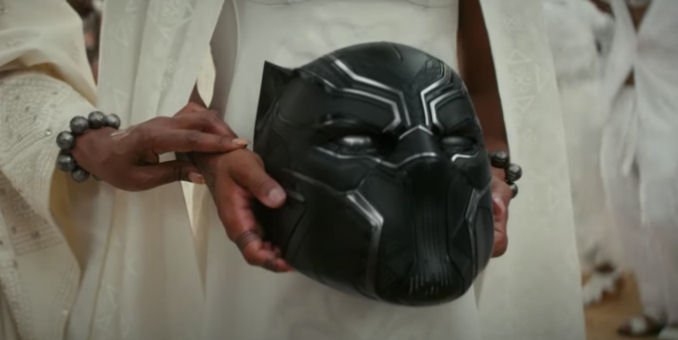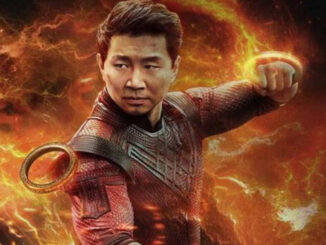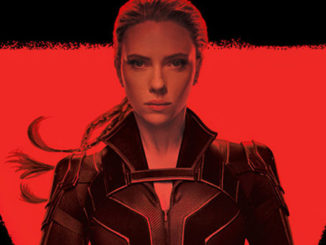
Coogler’s Black Panther: Wakanda Forever had a very difficult remit. It needs to acknowledge the passing of Boseman and honor his legacy, as well as tell its own story stemming from that, which will also need to relate into the larger Marvel Cinematic Universe in which the fictional nation that his character protected resides. And while the end result is a film that is not quite as strong as the 2018 original, it is still an achievement that does exactly what it sets out to do.
Perhaps understandably, in fan circles there has been much speculation as to how the film would treat the actual death of Boseman’s T’Challa, aka the Black Panther himself. And truth be told, Coogler dispenses with that fairly quickly at the beginning of the film. The film is not about the character dying, it’s about the people who live on after his death. This is a movie about grief and grieving and loss. It is about his sister Shuri’s (Letitia Wright) guilt in surviving and not being able to save her brother’s life, while her mother Ramonda (Angela Bassett), now the Queen of Wakanda, is trying to show her ways in which she can positively honor to T’Challa’s life.
A year after T’Challa’s sudden death finds Wakanda the center of intrigue. As the only known source of the metal Vibranium, a rare ore that absorbs energy and was the key ingredient in making Captain America’s shield, certain nations of the world are seeing an opportunity where they may be able to seize some of it for themselves. After Queen Ramonda puts the world on notice that Wakanda will view any further attempts to gain vibranium as an attack on their sovereignty and will respond with force.
Rather than defusing tensions, they escalate when a United States research vessel outfitted with some new technology which can detect vibranium is attacked and destroyed, with the world believing it was Wakanda. In truth, the sinking of the boat was actually caused by Namor (Tenoch Huerta Mejía), ruler of the hidden undersea kingdom of Talokan, which secretly is rich in vibranium. Namor approaches Ramonda and Shuri asking them to find the scientist who created the vibranium-detection device, as it threatens the safety of his realm. And if the don’t deliver that person to him, he will attack Wakanda with his own army. The problem compounds when it is discovered that the creator of the device is a seventeen-year-old genius MIT student named Riri Williams (Dominique Thorne).
Although the plot is busy, the storytelling never feels rushed. (The whole film clocks in at two hours and forty minutes.) The acting here is top notch, with Wright and Bassett basically carrying the weight of the film’s emotional core. For Wright, that involves playing the guilt she feels over not being able to prevent her brother’s death, a rare failure for her. It drives her anger and the decisions she makes through the story. As the Queen, Bassett’s Ramonda does not have the luxury of being angry. She has to be strong for her country (and the fans) as they mourn T’Challa’s death. Bassett brings an air of dignity to the character, while still hinting at the iner heartbreak she is going through that she can never publicly reveal.
As Coogler was the one who introduced the culture of the fictional country of Wakanda into the Marvel Cinematic Universe, it does make a certain sense that he does the same duty here for Namor’s underwater kingdom. He sketches out it’s history and people in some deft, broad strokes, but with enough detail that they still resonate with what we’ve seen before in Wakanda. Bringing the character of Namor into the Marvel Cinematic Universe also posed a unique set of challenges. In the comics, the character’s background is cribbed from the old legends of the undersea kingdom of Atlantis. The same goes for the character of Aquaman over at DC Comics. Since Aquaman beat Namor to the big screen, rather than look derivative to the non-comics reading audience, Coogler and the Marvel Studios brain-trust have recast the origins of Namor’s people utilizing Aztec mythology. It is a creative move that gives both nations their reasons to want to be hidden from the rest of the world. And while Wakanda has now joined the world stage, Namor wishes his kingdom to remain hidden for the time being. This frission between the two will become important in the film’s third Act, and very likely in future appearances in the MCU.





